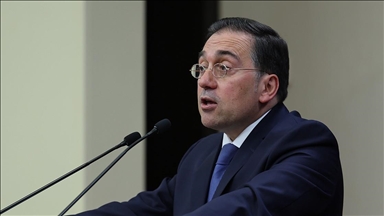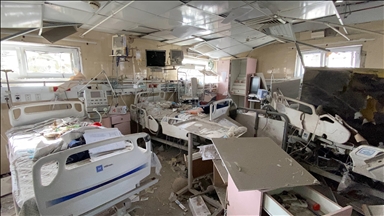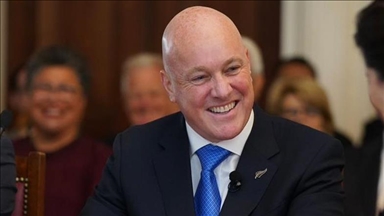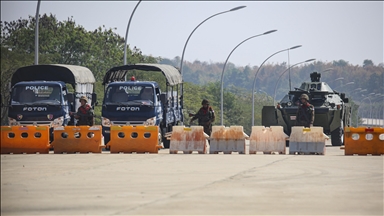Thai king’s fever has ‘subsided’: Royal Household
88-year-old Bhumibol Adulyadej, world’s longest reigning monarch, treated with antibiotics after low fever, high pulse rate
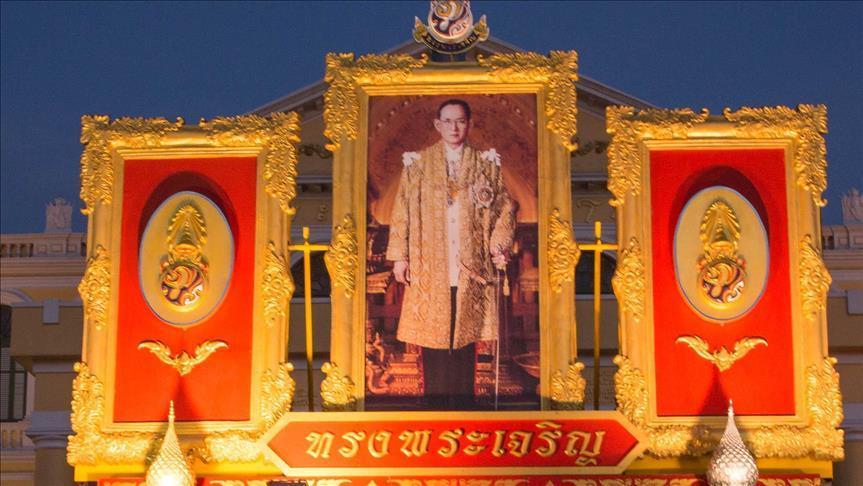
Banghok
By Max Constant
BANGKOK
Thailand’s 88-year-old revered king was treated for a lung infection earlier this week, but has now recovered, according to a brief statement released Saturday by the Royal Household Bureau.
King Bhumibol Adulyadej experienced “a low fever and a high pulse rate with a lot of phlegm” on Wednesday and Thursday, which prompted the monarch’s medical team to conduct a blood test and an X-ray examination.
The monarch was then treated with antibiotics and, on Saturday, the fever had subsided, added the statement.
Royal Household Bureau statements on the king’s health invariably conclude on an improvement in the monarch’s condition.
The last statement, published Sept. 2, was almost identical as the one released Saturday.
The king’s health has been a matter of deep concern for many Thais.
The king, who is suffering from a range of ailments, from regular lung infections to spinal cord problems, has been mostly hospitalized in Bangkok's Siriraj hospital since 2009.
According to the 1924 succession law, the successor will be Crown Prince Vajiralongkorn, the 63-year-old only son of the king.
Vajiralongkorn, whose private life has been subject to debate, albeit in closed circles because of Thailand’s harsh lese-majeste law, is much less popular than his father.
After the king’s passing, analysts foresee an unavoidable decline in the prestige of the monarchic institution which had been quasi-resurrected by King Bhumibol from the end of the 1950s, when military dictator Field Marshall Sarit Thanarat understood that he could utilize a revival of the monarchy for personal benefit.
From that moment on, the king -- accompanied by his queen -- crisscrossed the country's rural areas, putting himself in direct contact with the country's most deprived.
The king launched numerous projects, from helping ethnic minorities in the mountainous areas of the north, to encouraging a switch from opium growing to coffee, to medical endeavors such as sponsoring the fight to rid the world of chronic diseases, such as leprosy and polio.
Analysts say privately that the decline in the king's health is one of the reasons why military officials are trying to maintain their role at the helm of the country, after overthrowing the elected government of Yingluck Shinawatra in a May 2014 coup.
The military, they claim, is simply trying to maintain control of the country during the delicate period during which a new monarch will emerge.
Anadolu Agency website contains only a portion of the news stories offered to subscribers in the AA News Broadcasting System (HAS), and in summarized form. Please contact us for subscription options.



